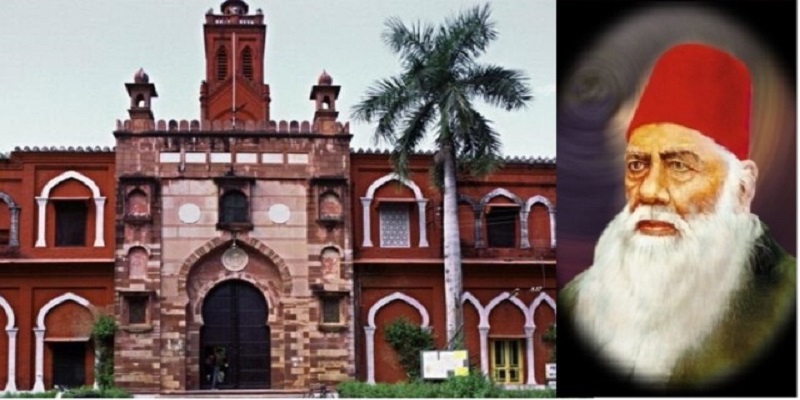The Aligarh Movement's Impact on Education and Reform in Colonial India
The Aligarh Movement was a socio-political movement in colonial India, which aimed to empower the Muslims of India by promoting education and social reforms. The movement was initiated by Sir Syed Ahmad Khan, a prominent Muslim leader, educator, and reformer. The Aligarh Movement spanned from 1857 to 1906 and played a significant role in shaping the political and social landscape of India. In this essay, we will explore the key features and contributions of the Aligarh Movement.
The Aligarh Movement emerged in the aftermath of the Indian Rebellion of 1857, which shook the foundations of the British Raj in India. Sir Syed Ahmad Khan, who was a loyalist of the British Empire, recognized that the Muslims of India needed to adapt to the changing circumstances and adopt a new approach to secure their future. He believed that education was the key to the empowerment of the Muslim community and started advocating for it.
Sir Syed Ahmad Khan established the Muhammadan Anglo-Oriental College in 1875 in Aligarh, Uttar Pradesh, which later became the Aligarh Muslim University (AMU). The college aimed to provide modern education to the Muslim youth and bridge the gap between the traditional Islamic education and modern Western education. The curriculum included subjects like English, mathematics, science, and history, which were necessary for the students to compete in the job market and civil services.
The Aligarh Movement also emphasized social and cultural reforms among the Muslim community. Sir Syed Ahmad Khan believed that the Muslims of India were backward in social and cultural aspects and needed to reform their practices to adapt to the modern world. He advocated for the education of women and established the Women's College in Aligarh in 1906. The college aimed to provide modern education to Muslim women and empower them to participate in the social and economic activities of society.
Another significant contribution of the Aligarh Movement was the promotion of the Urdu language. Sir Syed Ahmad Khan believed that the Urdu language was the cultural identity of the Muslims of India and needed to be preserved and promoted. He established the Scientific Society of Aligarh in 1864, which aimed to promote the Urdu language and literature. The society published a scientific journal in Urdu and translated several scientific and technical books into Urdu.
The Aligarh Movement also played a significant role in shaping the political landscape of India. Sir Syed Ahmad Khan believed that the Muslims of India needed to participate in the political process to secure their rights and interests. He founded the All India Muhammadan Educational Conference in 1886, which later became the All India Muslim League (AIML) in 1906. The AIML aimed to represent the interests of the Muslim community in the political arena and secure their rights.
The Aligarh Movement faced several challenges and criticisms from various quarters. The traditionalists among the Muslim community opposed the movement, as they saw it as a departure from the traditional Islamic education and culture. The Hindu nationalists criticized the movement for promoting the interests of the Muslim community and alienating them from the mainstream Indian society.
In conclusion, the Aligarh Movement was a significant socio-political movement in colonial India, which aimed to empower the Muslims of India through education and social reforms. The movement led to the establishment of the Aligarh Muslim University, the promotion of the Urdu language and literature, and the formation of the All India Muslim League. The movement played a crucial role in shaping the political and social landscape of India and contributed to the empowerment of the Muslim community.

